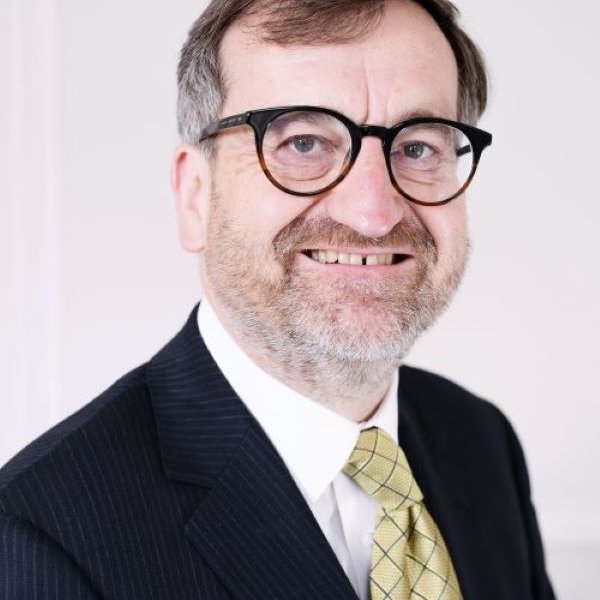What the centre does
HealthTech Research Centres (HRCs) are funded through the National Institute of Healthcare Research (NIHR) to support the development of medical technologies. They are designed to bridge the gap between research and commercialisation, and support integration of these innovations into the NHS.
The Brain Injury HRC focuses on devices to improve the care of patients with brain injury, from any cause. Through our network of partners, we can support research at every stage of development. We also work with patients, carers, and families at all stages to ensure that these devices are meeting a need within the community and making a real difference to those who need it most.
Why it matters
About 1.3 million people in the UK live with problems caused by brain injuries.
Brain and spinal injuries have an economic cost to the UK of around £43 billion a year. This includes direct costs to the NHS, indirect costs from loss of productivity and costs to other areas of the public sector.
If you include wellbeing costs, such as quality of life for the patient and their family, this is estimated to be closer to £93.0 billion (Source: The Cost of Acquired Brain Injury to the UK Economy (UKABIF) (opens in a new tab)
Brain and spinal injuries are broad and complex, which means more personalised care and more complex conditions. This requires more specialised tools to support the variety of needs and a deep understanding of both patient needs and technological requirements.
Our aims
Our centre supports new technologies which will improve patients’ recovery and make them available across the NHS.
Our centre supports researchers to:
- Identify solutions that meet unmet needs in patient care.
- Evaluate how effective these innovations are through a diverse network of experts.
- Implement successful solutions into NHS care pathways.
We have also developed an educational programme, which provides innovators and researchers with the tools they need to navigate the complex and varied landscapes that face medical technologies.
Patients and the public are involved at every step to make sure the work is relevant. Our centre is aligned with the UK Standards for Public Involvement in all our work. Demonstrating engagement and involvement with a diverse group of patients at every stage of technology development is a key requirement for effective health care research. Finding these groups of people can be challenging and requires time and planning.
We have established a database of individuals who all have lived experience of brain or spinal injury and are keen to be involved in research. We also have a dedicated PPIE lead to help facilitate these connections and offer advice as you develop your PPI strategy.
Themes
The centre focuses on five areas of the brain injury pathway, led by world experts:
- Prevention and Education – reducing the risk brain injury in at-risk groups
- Acute Care and Monitoring - improving techniques used in the critical period after injury.
- Restoration and Rehabilitation – supporting solutions for long-term recovery and reintegration into communities.
- Diagnostics – improving assessment of injury and navigating the commercial and regulatory landscape.
- Life Course - tackling the challenges of brain injury at the extremities of age.
For more information, visit NIHR Health Tech Research Centre in Brain Injury (opens in a new tab)




